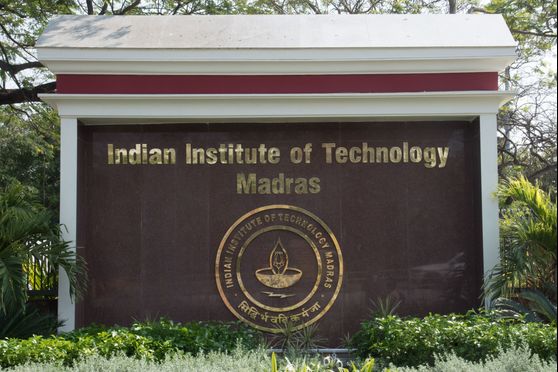IIT Madras introduces new MA programmes for higher student intake


Indian Institute of Technology Madras (IIT Madras) is introducing new MA programmes, offered by the Department of Humanities and Social Sciences, with the objective of increasing the intake and the pool of candidates who can apply for these programmes.
The Institute is expanding the scope of the MA programme by adding Economics to the already existing streams of Development Studies and English Studies and offering all the three streams as two-year programmes instead of the current five-year integrated MA programmes. These programmes will be offered from the 2023 academic session.
There will be 25 seats for Indian students under each stream. These programmes will also be made open to international students on a supernumerary basis. The application process will commence in March/April 2023 and classes will start in July 2023. Instead of HSEE, admission to the two-year MA programmes will be made on the basis of a soon-to-be-announced entrance examination.
IIT Madras is hopeful of attracting a more diverse set of candidates by making the MA programmes available after graduation from varied streams.
Highlighting the impact of this new initiative, V Kamakoti, director, IIT Madras and professor said, "The restructuring of the MA programme is done with an aim to make the same accessible to more students who have completed their bachelor degrees from multiple disciplines spreading across humanities, science, commerce, engineering etc. Such type of a humanities and social science exposure is very much needed for the next generations of students to face and address different challenges posed by the modern world. This expanded list of MA programmes will open new avenues of placement and employability as the students will be trained as domain specific experts with international readiness and national focus."
The unique aspects of the new programmes include evidence-based policy analyses, role of technology in shaping socio-economic development, data science and governance, engagement with contemporary issues, such as climate change, sustainability, urbanisation among others.
The course curriculum of the MA programmes will be restructured to include more contemporary subjects such as Economics of Innovation, Urban Planning and Development, Health Policy, Environmental Humanities, Climate Economics, Technology and Policy, and Computational Linguistics, among others.